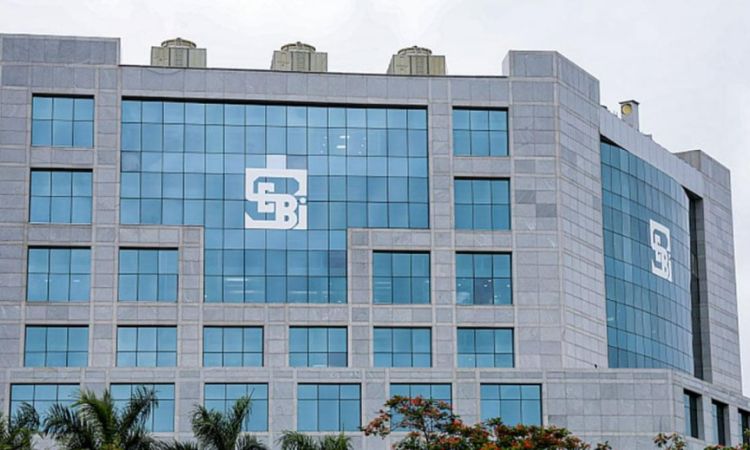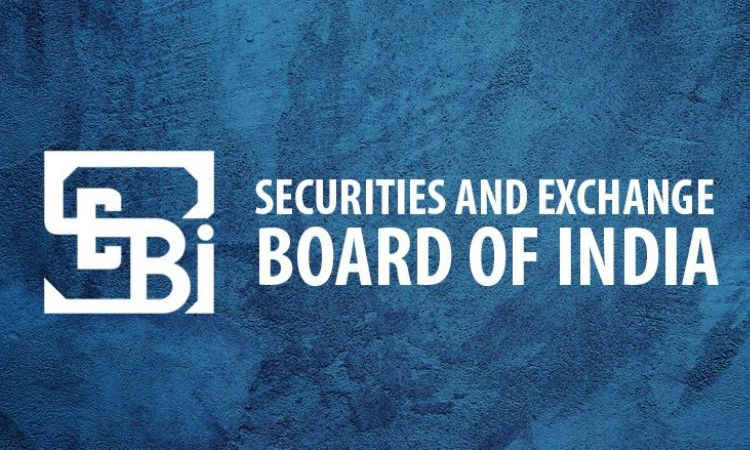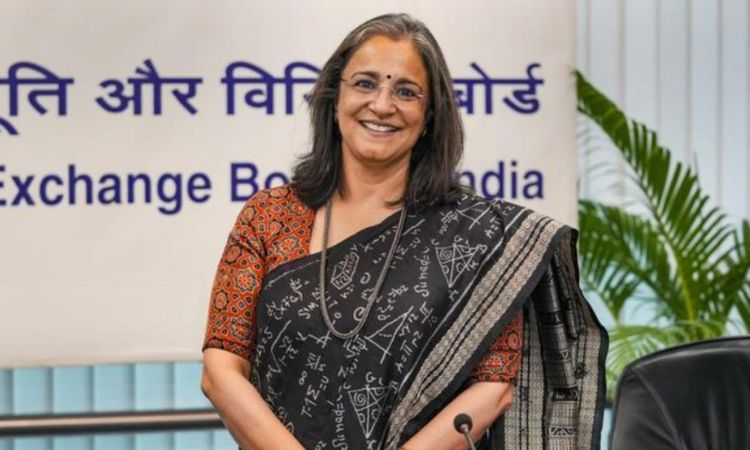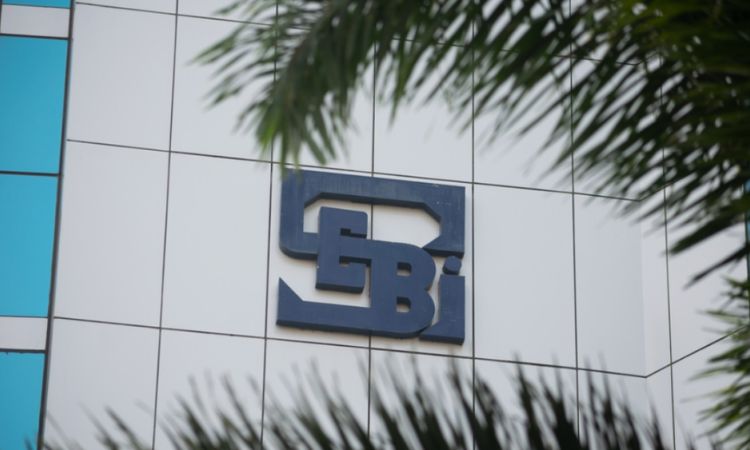The Securities and Exchange Board of India (SEBI) is an authorized body that checks regulations on securities, which are tradable financial assets along with supervision of commodity markets in our country, India.

The SEBI falls under the Department of Ministry of Finance, Government of India. The government body was formed on April 12th, 1988 with an executive status. Later the body was given statutory powers under the SEBI Act, 1992 on 30th January 1992. Being first founded in 1988, the Securities and Exchange Board of India worked as a non-statutory body that regulated the commodity and securities market.
After getting autonomous status on 30th January 1992, SEBI set up its headquarters at Bandra Kurla Facility in Mumbai. The Securities and Exchange Board of India also has offices in the north in New Delhi, in the west in Ahmedabad, in the south in Chennai, and in the east in Kolkata.
SEBI also opened several local offices in cities like Jaipur and Bangalore. Around the financial year of 2013-2014, SEBI also opened centers in Guwahati, Patna, Kochi along with Bhubaneswar and Chandigarh. Before SEBI came into inception, there was the Controller of Capital Issues. SEBI gained authority from the Controller of Capital Issues through the Control Act, of 1947.
The Securities and Exchange Board of India is managed by the Chairman, two member officers from the Union Finance Ministry, one member from RBI (Reserve Bank of India), and five members from the Indian Union Government, out of which three members are on whole-time status.
The Chairman of the Securities and Exchange Board of India (SEBI) is nominated by the Indian Union Government. There was an amendment in 1999, after which several investment schemes were introduced by SEBI. This excluded chit funds along with cooperatives.
On March 1st, 2022, Smt. Madhabi Puri Buch took on the duties of chairman of the Securities and Exchange Board of India. Smt. Madhabi replaced Ajay Teyagi and also became the first woman chairperson of the Securities and Exchange Board of India.
Functions of the Securities and Exchange Board of India-
- According to the Preamble of SEBI (Securities and Exchange Board of India), their primary objective is to safeguard the interests of several investors who have devoted their money to securities. SEBI also promotes the development of the Indian securities market and regulates it by supervising matters that are connected to it.
- The Securities and Exchange Board of India looks after groups like securities issuers, investors, and market intermediaries. The Securities and Exchange Board of India combines three duties under one administrative body that includes, quasi-judicial powers, quasi-executive roles, and quasi-legislative abilities.
- SEBI’s legislative division drafts regulations where the executive body carries out investigation along with enforcing necessary actions and the judicial power allows SEBI to pass orders coupled with several rulings. There is a step in appealing to establish accountability, which makes this system very powerful.

The Securities Appellate Tribunal consists of three members and is present along with a second appeal present to the Supreme Court. Regarding international standards, SEBI has proceeded from a proactive perspective for streamlining several requirements for disclosure.
Powers of Securities and Exchange Board of India-
- SEBI can effectively function with the help of several listed powers. Some of it includes approving needed by-laws of the Securities Exchanges. SEBI also requires the Securities Exchanges to keep on amending their by-laws.
- SEBI inspects the account books and calls for timely Reuters of data from the recognized Securities Exchanges. The Securities and Exchange Board of India also reviews and carefully inspects the account books of several financial intermediaries.
- SEBI also holds the power to compel companies in listing their shares in more than one Securities Exchange. SEBI can also supervise the process of registration of brokers and various sub-brokers.
Some of the committees of the Securities and Exchange Board of India are the Technical Advisory Committee, the Committee that reviews institutional infrastructure operations, SEBI’s Education and Protection Fund Committee for advisory purposes, the Takeover Regulations Advisory Committee, the Mutual Funds Advisory Committee, the Securitisation Committee for Advisory of Corporate Bonds, PMAC (Advisory Committee for Primary Market) and SMAC (Advisory Committee for Secondary Market). There is also the presence of two types of brokers, namely, discount brokers along with merchant brokers.
The achievements of the Securities and Exchange Board of India-
The Securities and Exchange Board of India has the ability to work as an effective regulator by putting forward timely reforms successively and in an aggressive manner. Huge applause goes to SEBI for evolving the markets into electronic and paperless operations.
They introduced the T+5 rolling cycle in July of 2001 followed by T+3 in the month of April 2002 along with T+2 in the month of April 2003. The T+2 procedure allows the settlement of a trade in just 2 days.

Under the canvas of law, SEBI has rolled out several regulations that include finding solutions for physical certificates getting delayed, forged and witnessed the theft. The rigid and archaic procedures were solved under the Depositories Act, of 1996.
In 2011, the month of October, SEBI increased disclosure quantities made by several promoters of Indian corporations. The World Investor Week that took place during 2022 had SEBI’s Executive Director, Shri G.P. Garg launch a book that explains financial literacy. The book is a collaborative effort by the Metropolitan Stock Exchange of India Limited along with CASI New York.
Looking into some criticism of SEBI-
Reports also indicated that the India Rejuvenation Initiative filed a PIL or Public Interest Litigation to the Supreme Court of India that questioned the system of key appointments set by the Government of India.
In this petition, it stated that the chairman recommended by the committee has been altered and can tarnish SEBI’s duties as a watchdog. The Supreme Court of India also asked the petitioners to file a new case denoting the constitutional issues. The Finance Ministry’s request to dismiss the PIL was also denied by the then Chief Justice of India.

A similar petition was also filed by Anil Kumar Agarwal, a Bangalore-based lawyer to which two benches of the Supreme Court, namely Justice Surinder Singh Nijjar along with Justice HL Gokhale issued a legal notice to the Government of India, along with several high management of SEBI.
Dr. K.M. Abraham, who was the whole time member of SEBI, wrote concerns to the Prime Minister of India Narendra Modi, saying the just practice of SEBI was getting hampered due to several influences from the higher management with cases related to several companies, as per reports suggested.
In 2014, the Government of India provided new regulatory powers to SEBI, where they have the ability to search and seize operations that involve insider trading and market malpractices. This also is backed by harsh punishments being generated under the powers of SEBI.

With such diversity and devotion towards the Indian economy, SEBI is considered one of the top regulatory bodies of India, supervising the Securities Market. The remarkable investigative system of SEBI allows the body to look into any transaction related to securities that pose a threat to public and investor interest.
SEBI can also look into any individual, who has violated the sanctity of the Securities Market and tainted its operational structure. SEBI can write and direct these individuals at any time to present a case to discuss data about any situation that is considered unethical. These documents, data, or books can be held by SEBI for careful inspection and returned to the owner at a relevant time that is deemed fit by SEBI.
The Indian Securities Market is diverse and broad and SEBI’s cooperation is highly impactful for investors and businesses. In the intricate world of investing and with the rise of countless influencers, SEBI along with the Ministry of Finance, India, is creating more awareness among the general public for safeguarding their assets. We are living in an over-cautious world, where frauds and scams are common topics. The presence of the Securities and Exchange Board of India in such matters through their ability to investigate helps the common public to understand the pros and cons behind any investment. Since its inception, the Securities and Exchange Board of India has been instrumental in amending the by-laws of the Securities Market and helped structure the Indian economy in a huge way. In any big organization, there will be restructuring of certain operations and SEBI has successfully handled any meltdown being faced by them.
*All of the above images are taken from Google.















